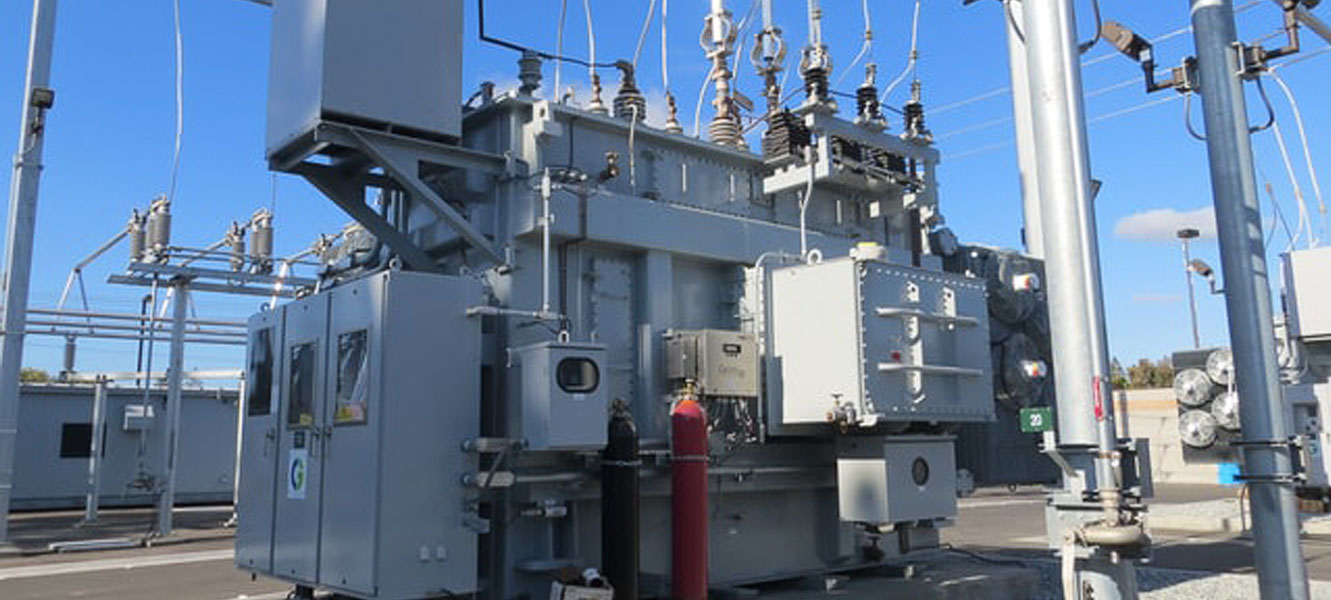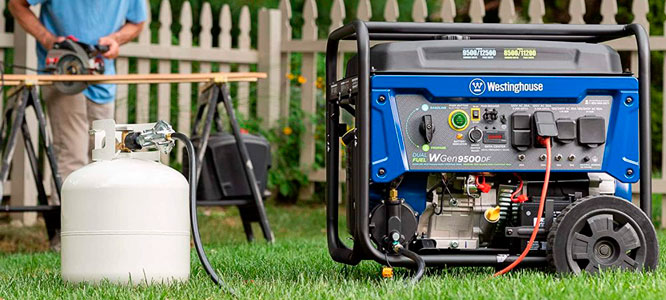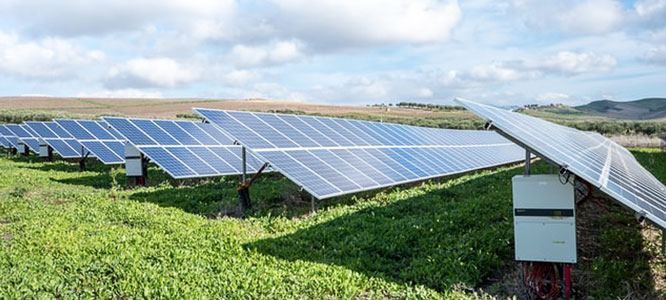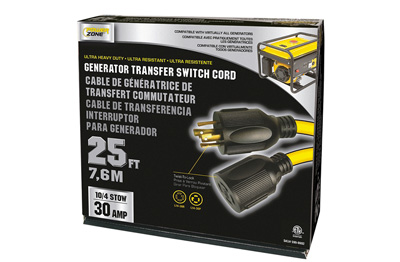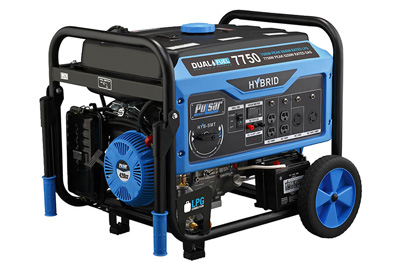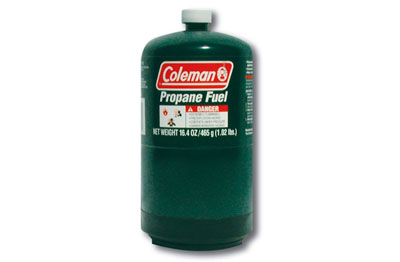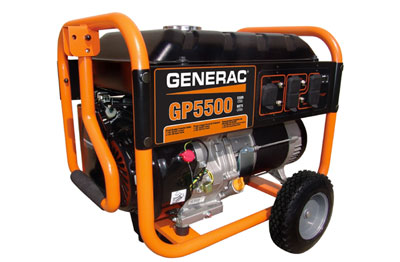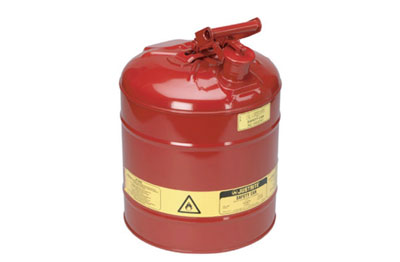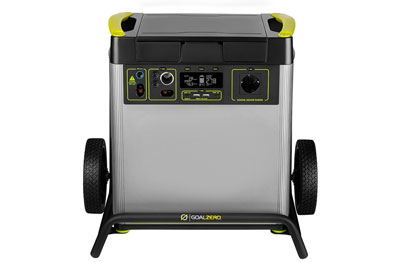All You Need to Know About Power Generators
Sunday, February 6, 2022
Power Generators produce electricity reliably, ensuring seamless backup power during outages for homes and businesses. If you live in an area that faces many power outages, you may be thinking about getting a power generator which can supply power to your home automatically.
Before you choose one from the power generators as portable generators you've been eyeing, it's good to get an idea of what different power generators can do. Below, we've put together a short introductory guide to power generators for your convenience.
What Is a Power Generator?
The easiest way to think of power generators is to imagine small power plants which can generate electricity on demand. It's typically sought after by homeowners who want backup power for their places ensuring their essential appliances function during power outages. It can generate electricity as a complement to power derived from the electric grid, or as a backup in the case of a blackout.
The installation of a home generator, such as propane generators, involves connecting it to the main electrical panel, ensuring reliable power supply to all electrical circuits when needed. To do this, a transfer switch is required. The transfer switch keeps generator electricity travelling into the power lines, preventing the risk of an electric shock. Transfer switches sometimes work automatically and sometimes need to be powered manually.
How Does a Power Generator Work?
- Reliable electricity production
Generators are engineered to provide consistent and reliable electricity production for all applications.
- User-friendly designs for ease of operation
Modern generators feature user-friendly designs, simplifying setup and daily use for all users.
- Fuel-efficient engines to reduce costs
Fuel-efficient engines minimize fuel consumption, significantly reducing costs and supporting sustainable energy use.
- Compact designs for versatility
Compact generators are ideal for homes, businesses, and outdoor activities, offering space-saving solutions without compromising performance.
- Cost-effective solutions for all needs
Generators provide cost-effective power options, making them suitable for both short-term and long-term applications.
- Advanced safety features for peace of mind
Modern generators incorporate transfer switches and advanced control panels to ensure safe and seamless operation during use.
- Eco-friendly performance with low emissions
Eco-friendly generators with low emissions cater to environmentally conscious users, ensuring sustainable power generation.
How Does a Power Generator Work?
Power generators use fuel-efficient engines, significantly reducing operational costs while delivering consistent performance to create mechanical energy, which is then converted into electrical energy with high capacity and reliability. Inverters convert DC power to AC power, enabling safe operation of sensitive electronics like computers and medical equipment. Generators can be used to power a number of things.
They can provide electricity for homes, outdoor events, or critical systems, ensuring versatility and convenience. This is done through the combined efforts of a combustion engine and an alternator. Of course, an entire home backup generator requires fuel to operate in order to work automatically.
Generator power can come in the form of natural gas, diesel, gasoline, propane, or even biofuel, depending on the unit. When fuel and air come into contact, it creates a small explosion, which is also called combustion, an essential catalyst for electricity generation. When there is an electrical outage and generators sense it, they power your entire home automatically within a few seconds.
Components of a Power Generator
In order to operate properly, a generator needs the following components:
- A fuel system, which ensures a steady supply from a filter or tank.
- A voltage regulator, which ensures that the right voltage is maintained.
- A cooling system to prevent overheating. This can be done through water or air.
- The exhaust system is responsible for removing hot and potentially dangerous combustion gases.
- An oil system which provides lubrication to keep everything running smoothly.
- A battery with a charging mechanism.
Some parts of generators must be manually activated, so make sure to check the specifications before confirming which one you want to buy. The better the quality of its components, the richer a generator's resources and the better its performance is likely to be.
How a Power Generator Is Fueled?
All power generators have an engine, and this engine might be run by one of many types of fuel. Diesel generators make use of diesel, which power compression-ignition engines. Diesel engines are known for their durability and reliability, thanks to their simple ignition mechanism. They're also more efficient. Gasoline engines work a bit differently, injecting fuel and air into their cylinders simultaneously.
Gasoline engines tend to offer similar levels of efficiency, but are cheaper, easier to refuel, and decidedly more lightweight. Then there are liquid propane engines, which are similar to gasoline engines in that it also has a spark-ignition mechanism. Liquid propane is preferred for its longevity, fuel efficiency, eco-friendliness, and ease of storage; unlike diesel and gasoline, it doesn't go bad if left for many years. It's also more difficult to spill propane, which further enhances its relative ease of use. A close match to the propane engine is the one powered by natural gas. A home backup generator run by natural gas also requires spark plugs. Natural gas generators are more suitable for commercial or industrial uses as they require a supply of natural gas.
Final Words
During emergencies, a portable generator provides a steady supply of power, ensuring critical systems stay operational. For many people, a home backup generator is one of the most essential items to own, be it for work or play.
The convenience of backup generator power is undeniable, considering our dependence on technology. So even in the event of a power outage, you can continue to use your essential items in peace.
Power generators can also provide electricity in places outside your home's electrical system. They can also come in handy when you're hosting parties or BBQs, or if you like outdoor camping. No matter if it's for work or home, we hope our guide has been useful!
Power Generators FAQ
1. What size generator do I need for my home or business?
The required generator capacity depends on the wattage of your appliances. Consider adding a 20% margin for unexpected needs.
2. How do portable generators differ from stationary generators?
Portable generators are lightweight and easy to move, ideal for temporary power needs, while stationary generators provide high-capacity solutions for permanent setups.
3. Are there eco-friendly generator options?
Yes, many eco-friendly generators offer low emissions, making them ideal for environmentally conscious users.
4. Which generators are most fuel-efficient?
Models with fuel-efficient engines reduce fuel consumption, cutting operational costs without compromising performance.
5. What are the costs of running a power generator?
Running costs depend on fuel efficiency, load capacity, and regular maintenance. Opting for a fuel-efficient generator can reduce expenses.
6. How loud are different types of generators?
Generators designed for quiet operation are best suited for residential or camping use, where noise is a concern.
7. What is the best type of generator for industrial use?
Industrial operations require high-capacity generators with durable designs to handle heavy-duty tasks reliably.
8. How to maintain a generator for optimal performance?
Regular maintenance ensures long-term reliability. Focus on oil changes, filter cleaning, and periodic inspections for optimal performance.


